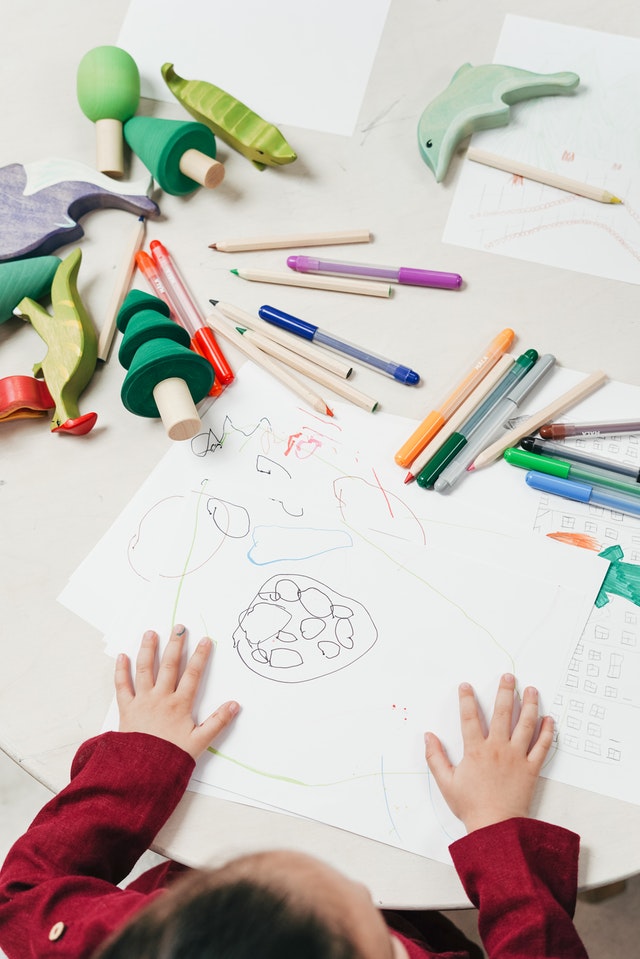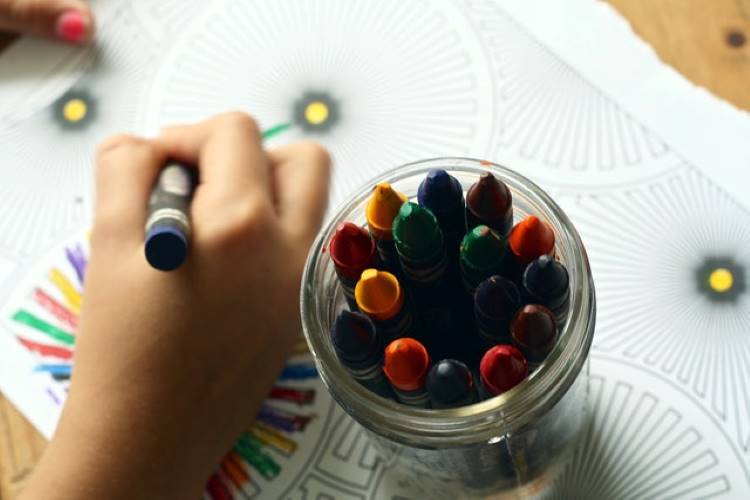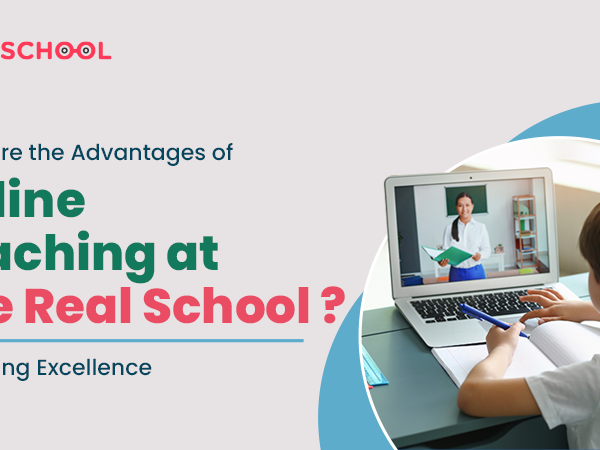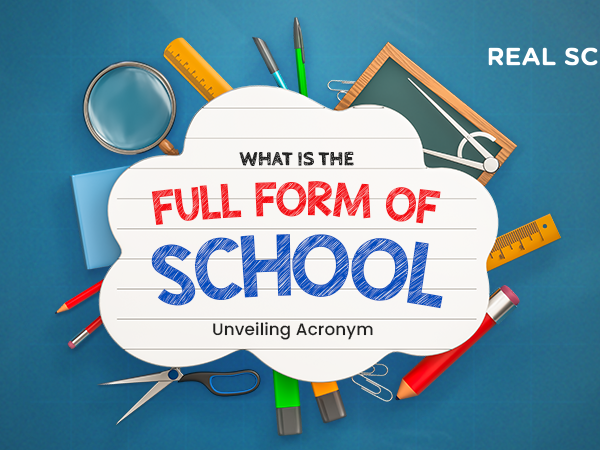Ever wondered why we put so much accentuation within the toddlers and preschool kids in teaching colours? And why do we put so much focus on colours instead of letters and numbers, which is a fundamental part of learning? This article is progressing to clarify why learning colours is so imperative for toddlers.
This article enlists a bounty of thoughts for educating toddlers to recognize and understand colours. continue reading to know more about the colour theory, and how to explain it to your kids.
Understanding Colours For Toddlers
Everything around us is made up of colours. The blue sky, green grass, yellow dessert, and white snow. This is what we all see every day and the beauty of these colours warm us. This is the attractiveness of our nature. Colours are something through which we can assort our world and things around us, it’s pretty easy to make our kids learn about and recognize different colours easily.
Apprehending different colours improves a child’s cognitive development and helps them to differentiate between words and clues. The capacity to distinguish colours is considered a marker and point of reference in a child’s cognitive preparation and is frequently part of early screening for improvement and instructive permission.
They’ll notice that a blue butterfly is different from a green parrot and how a rainbow has so many different colours.
Colours Understanding Book For Toddlers
A list of 5 amazing books for making kids understand colours:-
Brown Bear, Brown Bear, What do you see? By Bill Martin, Jr. And Eric Carle
A marvellous book which would make kids learn about colours in a fun way with creatures and their favourite animals. Kids will adore the enormous, striking outlines that make it simple to distinguish what colour you’re assumed to be looking at. Additionally, there are some amusing characters like a giant smiling frog, a purple cat, a majestic horse, and a kind yellow duck etc with tons of collages. This book is perfect to introduce to your kids if you want them to start taking colouring as something amusing activity to do.

Peppa Pig: Colours
Who can find the names of best colouring activity than each toddler’s top favourite pick cartoon Peppa Pig Tv series? This book is about Peppa Pig and her popular family present colours and has more than 40 colouring journeys of them. This book entails simple, easy and lovely pictures of Peppa. Toddlers will adore the pages to see which colour Peppa chooses next and which colour they could paint.
Mouse Paint
This colour storybook is about the adventures of three white mice, skirring three colour buckets and mixing them. When these three white mice find some paint, they do every sort of colourful knavery. This book especially compacts with primary colours and how primary colours are mixed to form new (secondary) colours.
Matchstick Monkey: Colours
Heading on into the jungle for the foremost energizing competition. The Matchstick Monkeys are attempting to work out who is the speediest! Filled with striking outlines and fun rhymes, small hands can take after the colourful finger-trails on each page.
This brilliant, material book not as it was educating approximately colours but makes a difference small ones create hand-eye coordination. So, out of monkeys ruddy, dim, green, blue, yellow, orange and pink, who will be the swiftest? Well, you can try this book to know.
Pantone: Colours
This book is not a usual colour book. It is an amazing book that focuses on nine basic colours, each having twenty different shades. And then it’s up to you, whether to start with the main colours and then upgrade into the variations once your child aces the basics.
5 Tips on How to Learn Colours for Toddlers
- Modelling Clay
You can try getting your kids involved in modelling clay which is a wonderful tool to make your kids aware of colours from a very early age. Modelling clay is absolutely enthralling with being fun abiding. It lets children apprehend how to recognise colours and try out to make different things of the same colour. And also they can mix colours to make their perfect combination.
- Colour Matching Games
An awesome activity to teach your kids about Primary Colours. For this activity, you can make coloured cards with the help of any cardboard and can place them on the floor or table. Then the next step is to get your kid to pick up matching coloured cards. This game can also be done with coloured blocks, balls and pencils.
- Finger Painting
A fabulously fun activity, finger painting is to teach kids about colours. Kids of 2-3 years can easily paint with colours, and you can start this activity by giving them one different colour every day. This activity will definitely prove to be fun colouring plus they will also tell you what colour it is.
- Colour Jigsaw Puzzle
You can let your kids make a simple and easy jigsaw puzzle with the help of cardboard strips of the same colour and then letting them pick up, it is also an amazing activity. You can ask them to take a similar colour and put them all together on the cardboard.
- Colour Days
Our wardrobe definitely consists of different funky colours of t-shirts. You can ask your kids to wear these same colour shirts on different days of the week. Set colours for days like Monday could be pink, Thursday could be red, Saturday can be violet, etc. Also on those days, you can give your kids toys of the same colours as the colours of their shirts to play with.
Also Read: 10 Ideas to Boost Your Kids Creativity: Broaden Their Horizon of Imagination
How to Teach Colour Theory to Toddlers?
If you want to teach your kids the basic difference between primary and secondary colours and how one can make secondary colours by mixing two primary colours. This activity is a must-do to make them aware of Colour Theory.
For this, you’ll need:
- Some white cups
- Red, yellow, blue water or poster colours
- Plastic pipes to mix them up
Steps to follow:
- Firstly you need to put all the cups in a circle. Fill each cup with red liquid, blue liquid and yellow liquid. Don’t forget to place an empty cup between the coloured cups. Now explain to your kids about the term ‘primary colours’ by taking the filled cups with red, yellow, blue as examples.
- The next step is mixing the colours. Ask your kids to guess about the outcomes of mixing Red and Yellow or Yellow and Blue colours. Give them the plastic pipe, drip some red colour into an empty cup and then drip some yellow colour into it. Yipeeee! It’s orange. They mixed two primary colours ‘yellow’ and ‘red’ and it resulted in a secondary colour ‘orange’, explaining to them how you did this magic.
- Now you can try another combination of yellow and blue, which would result in green(the colour of leaves), here you can also explain to your kids about the chlorophyll present in leaves and why leaves are green. See, how amazing these experiments are. You can start them as an activity and explain to your kids about different scientific concepts.
- Lastly, add red and blue and it will result in Purple. Most kids love this colour. Your rainbow of colours by using only three primary colours of Red, Yellow and Blue is ready!
Maybe your kids would be curious what colour would all these cups make if combined. So, you can try out this too. Mix all the cup colours and find out what the resulting colour is.
*Okay, I’ll give a hint. The resulting colour is the same as wood. Now, you can perform this activity and tell us about the last resulting colour by commenting in the box.
Also Read: How does Coloring Benefit your Child: Ways to Teach Coloring To Kids
Conclusion
In conclusion, teaching your kids about colours will not just improve their lingo but also their ability to see and assort things around the world and its beauty. It will pave a new and titillating route for their verbal communication.
They can easily classify and sort the things around them. Not only limited to this but since we know how much importance colours play in signs of signals and logos. So if your kids can differentiate different colours, they can know about ‘danger, stop and many more signs,’ which would also make them much more heedful from other kids.
Hope this article might have cleared all your queries and enlightened you about the importance and tips to make your kids learn about colours. For more such articles, you can visit our website’s blog section. You can also let us know your views by commenting in the box.







